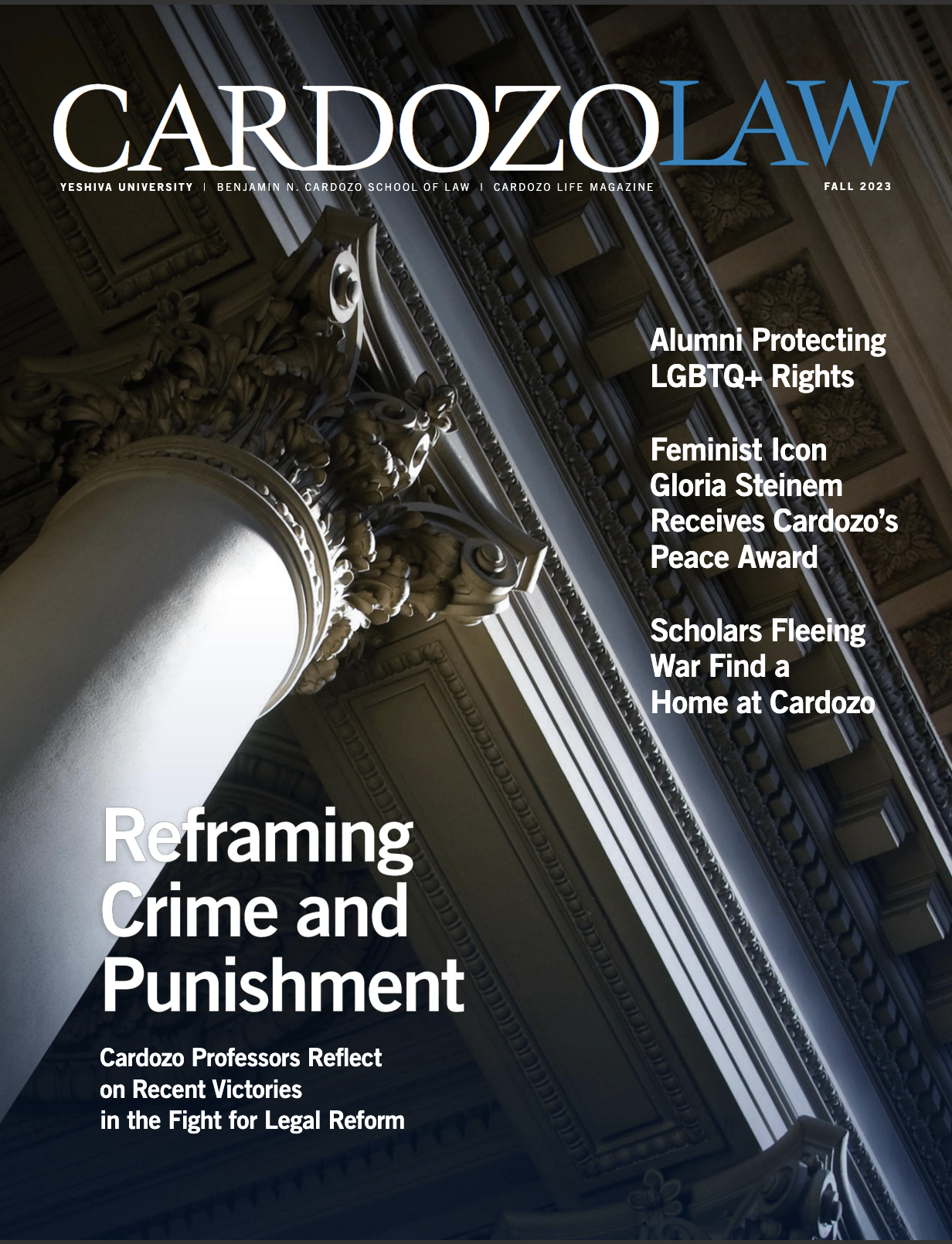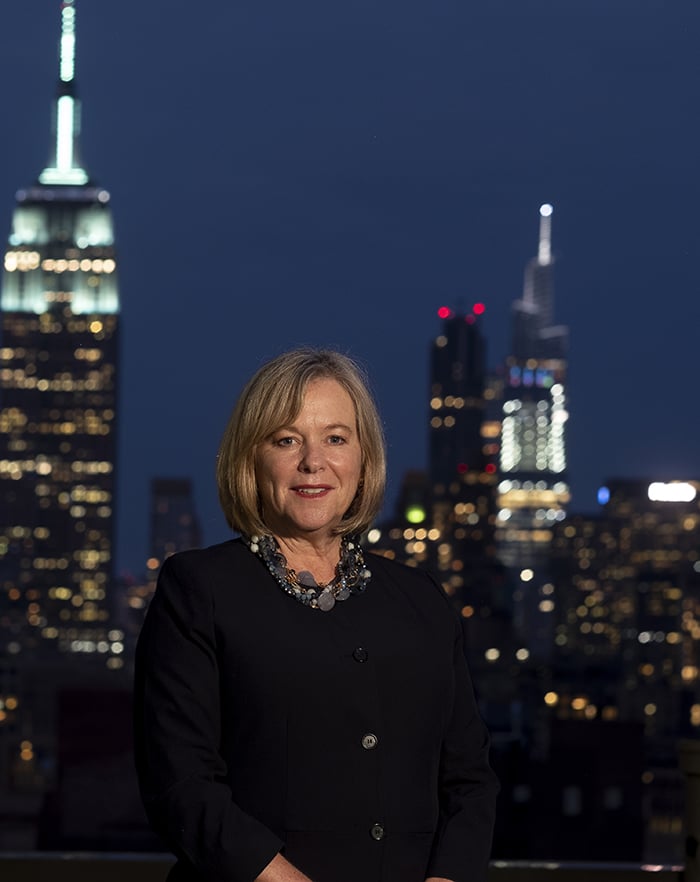
MESSAGE FROM DEAN MELANIE LESLIE

Our professors are renowned scholars and practitioners—experts who shape the study and practice of law. I'm proud to share a sampling of their recent scholarship with you. The energy and engagement exhibited by our faculty continue to make Cardozo a leader in legal education.

DEAN MELANIE LESLIE
Melanie Leslie became dean of Cardozo Law School on July 1, 2015. She is the first Cardozo Law graduate and the first woman to hold the position.
Dean Leslie was the driving force behind a number of important initiatives at the intersection of law, technology, intellectual property, and business, including The FAME Center for fashion, art, media and entertainment law, which prepares students to work in the creative industries through its extensive curricular offerings; The Cardozo/Google Patent Diversity Project, which seeks to increase the number of women and minority innovators receiving patents; The Blockchain Project, which offers classes and symposia on blockchain and regulation; The Center for Rights and Justice; and The Center for Real Estate Law and Policy.
A Cardozo professor since 1995, Dean Leslie is a leading scholar in trusts & estates, fiduciary obligations and nonprofit governance. Courses taught include Property, Trusts and Estates, Nonprofit Governance, and Evidence. She has been presented the “Best First-Year Professor” award by three graduating Cardozo classes. She served as Cardozo’s Vice Dean from 2014-15.
Dean Leslie is a prolific scholar whose work has been published by the NYU Law Review, Boston College Law Review, Florida Law Review, William & Mary Law Review, Georgetown Law Journal, and Indiana Law Journal, among others. She is the co-author of a leading casebook, Estates and Trusts, Cases and Materials, as well as Concepts and Insights: Trusts and Estates. Dean Leslie has been a Visiting Associate Professor of Law at New York University School of Law, and a Visiting Professor of Law at Columbia Law School. She has served on the NY State Bar and NYC Bar Joint Committee on the Uniform Trust Code, as a Legal Fellow of the American College of Trusts and Estates Counsel (ACTEC), and on the executive committees of the AALS Sections on Trusts & Estates and Nonprofits and Philanthropy.
Prior to joining the Cardozo Law faculty she clerked for Justice Gary S. Stein of the New Jersey Supreme Court and practiced commercial litigation at Debevoise & Plimpton, Cleary Gottlieb Steen & Hamilton, and McCarter & English.
A native of Las Vegas, Dean Leslie received her B.A. in Theater from the University of Oregon, with honors, before moving to New York City, where she spent several years working as a professional actor and vocalist. She then received her J.D. from Cardozo Law magna cum laude in 1991, where she was the Executive Editor of the Cardozo Law Review.
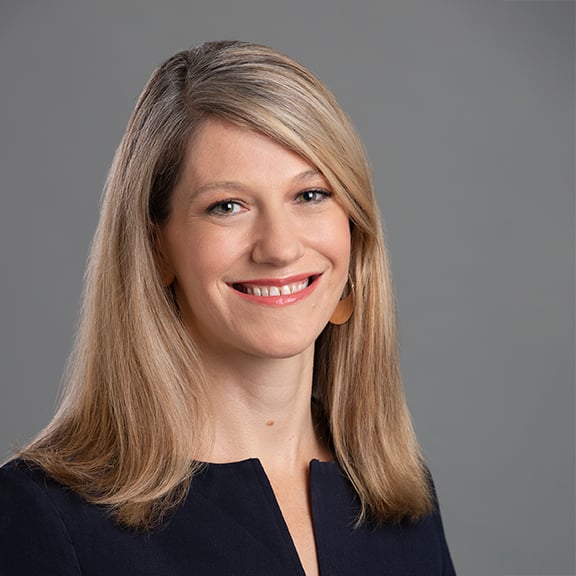
Kathryn Miller
The Antisubordination Eighth Amendment
"This Article argues for a constitutional response to one of the worst structural harms of the criminal legal system: the perpetuation of racial subordination. Through an examination of the history, structure, jurisprudence, and theory of both Amendments, the Article concludes that an Antisubordination Eighth Amendment is both possible and necessary to address the systemic racism of the criminal legal system. Because criminal punishment perpetuates and entrenches America's racial caste system, courts must strictly scrutinize punishments that disproportionately impact Black people and other historically subordinated groups."
.jpg?width=2000&height=2000&name=MYRIAM_GILLES%20(1).jpg)
Myriam Gilles
Arbitration’s Unraveling
"The 21st century has been a bleak one for proponents of collective litigation. The hegemonic rise of class-banning arbitration provisions has thwarted workers and consumers across the legal landscape, as the FAA has grown into a super-statute, frozen in a 1920’s conception of individual claiming."
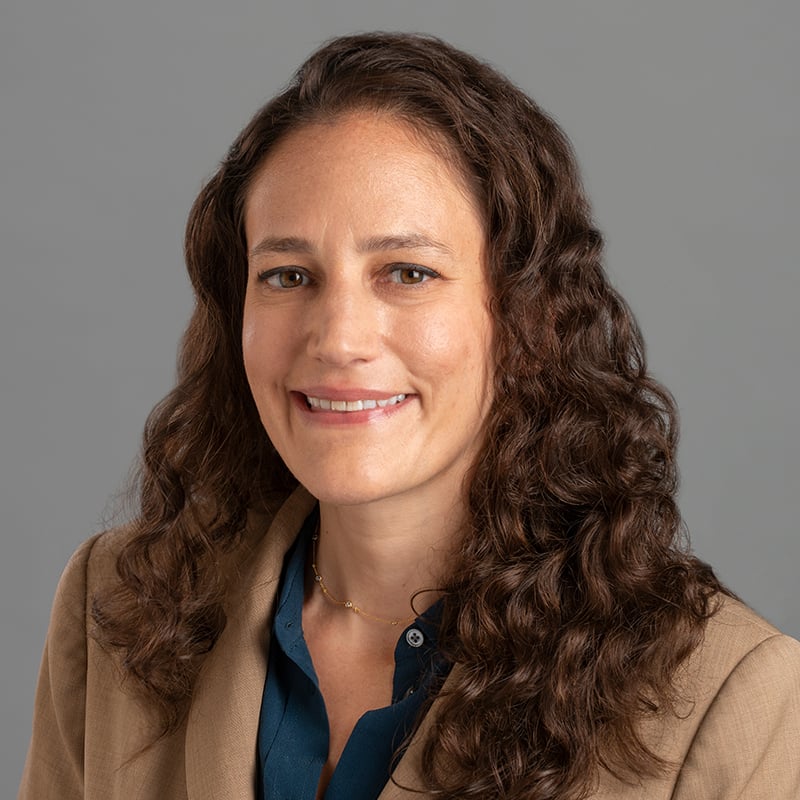
Kate Levine (with Benjamin Levin)
Redistributing Justice
"In this Article, we offer a novel theory for what animates the seemingly conflicted attitude among progressives toward criminal punishment — a vehicle for redistributing power and privilege. We examine this redistributive theory of punishment via a series of case studies: police violence, economic crimes, hate crimes and crimes of gender subordination.

Stewart Sterk
Title Theft
“Title theft is nevertheless devastating for victims, many of whom do not have the knowledge or resources to vindicate their legal rights. For the legal system, the challenges are reducing the risk of title theft and spreading the cost of whatever risk remains. This article explores those challenges.”
Recent Scholarship from Stewart Sterk:
A New Framework for Condominium Structural Safety Reforms UC Irvine Law Review
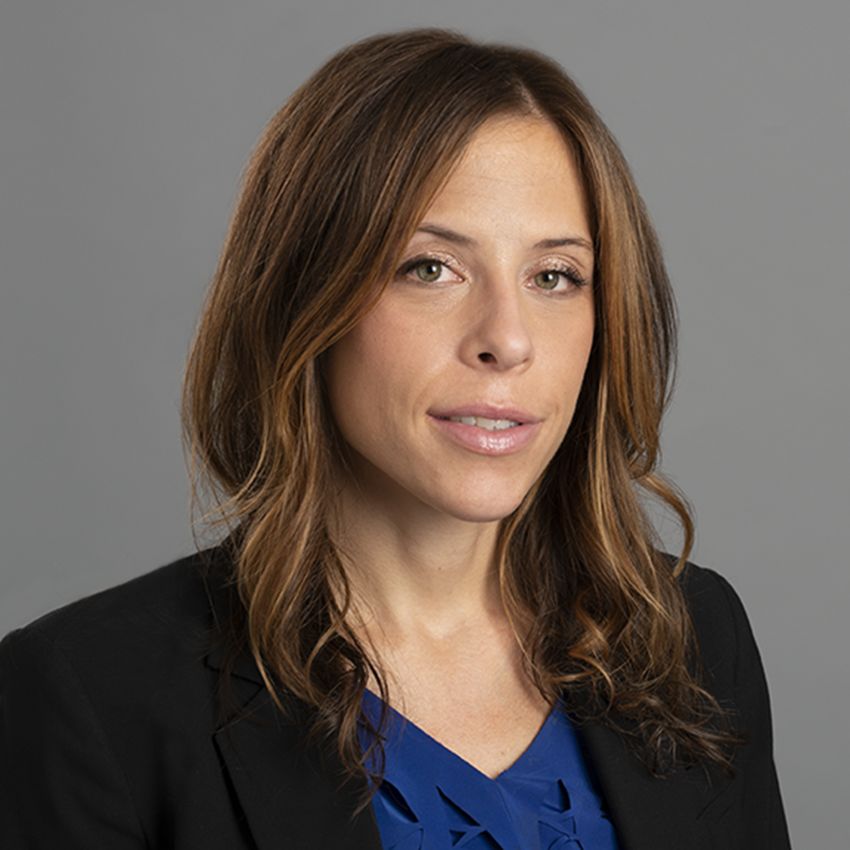
Lindsay Nash
Inventing Deportation Arrests
"The long-accepted history of the federal deportation arrest scheme has been essential to its preservation, undergirding and insulating an enforcement regime that diverges dramatically from otherwise foundational arrest constraints. Yet a closer look at this history contradicts the notion that our modern scheme was historically sanctioned, offers important insight as courts confront new challenges to the constitutional validity of these arrests, and provides robust historical support for calls to fundamentally transform the deportation arrest system."
.jpg)
Rachel Landy
Downstreaming
“For over a decade, scholars have posited that relationships can be designed in a way that naturally promotes innovation. By “braiding” certain formal contracting practices with informal enforcement norms, parties develop a framework that supports trust and positive, long-term collaboration. This Article takes on this longstanding consensus and shows how braiding can stifle innovation.”
Recent Scholarship from Rachel Landy:
Exit Engineering NYU Journal of Law & Business
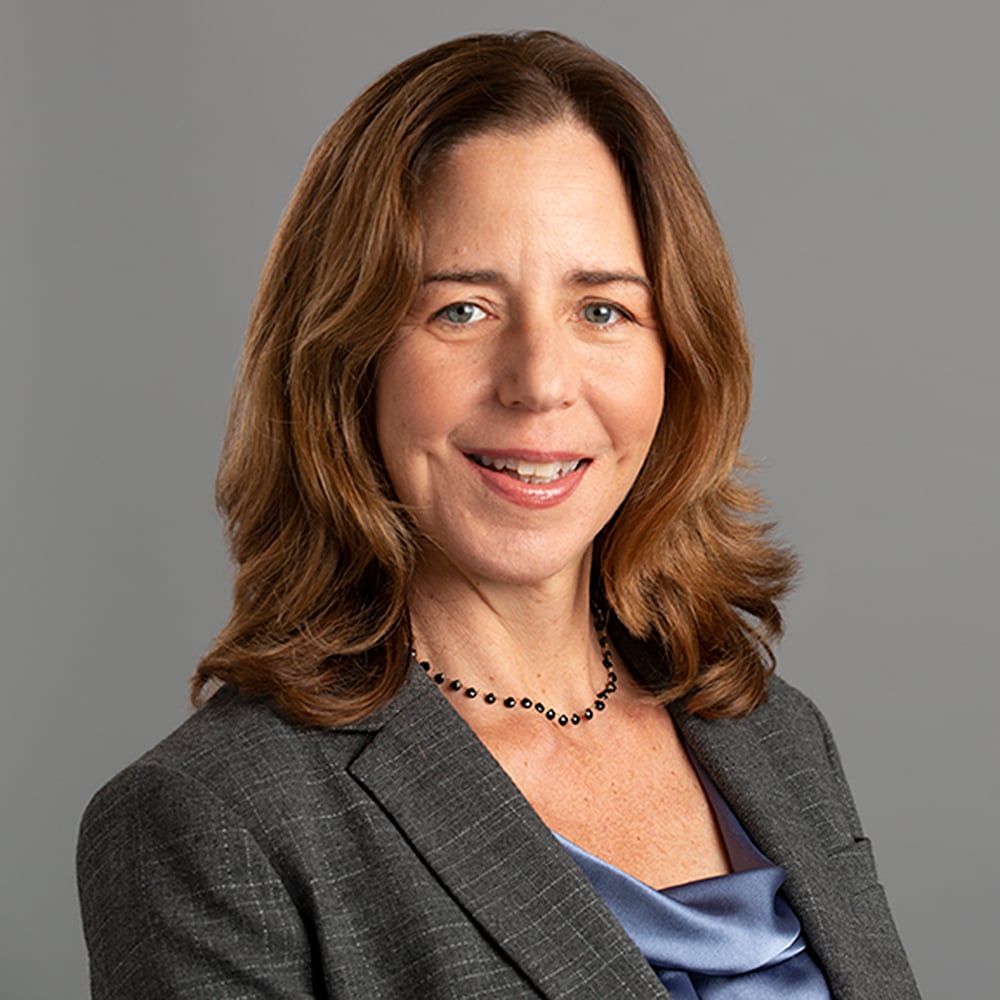
Rebekah Diller (and Co-Authors)
Reflections on Fees and Fines as Stategraft
"Stategraft captures an important aspect of the injustice within fees-and-fines systems. But as the movement to address these injustices matures, a broader framework is likely to have greater utility as both a mobilization tool and a foundation to encourage comprehensive policy reform. This framework is all the more needed given that the rightward tilt of the federal courts has made arguments for expansive readings of illegality more difficult to assert."
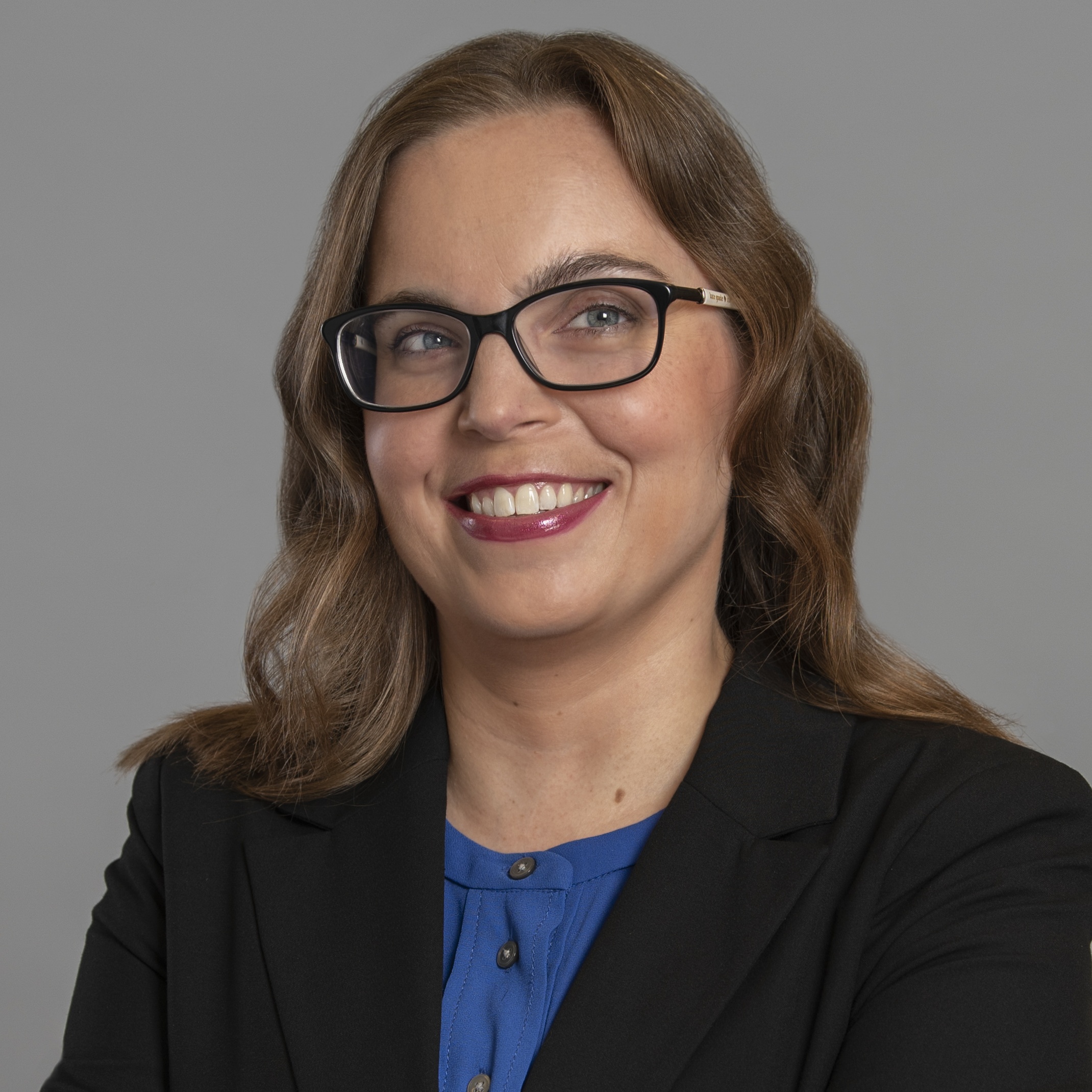
Pamela Foohey (with Christopher K. Odinet)
Silencing Litigation Through Bankruptcy
"By funneling onslaught litigation into bankruptcy, corporate defendants use chapter 11 to deny people the ability to participate in the justice process and to hurriedly shut down the truth telling and concomitant public airing that can come from that process. This Article shows how the reorganization process has been twisted to resolve onslaught litigation such that now its use is largely inappropriate."
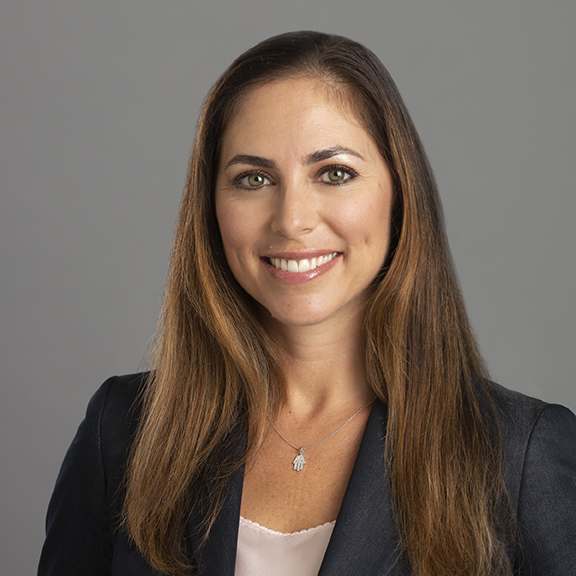
Jocelyn Getgen Kestenbaum
The Myth of Slavery Abolition
"International human rights law prohibits slavery and the slave trade, but states are rarely held accountable. International human rights law advocacy neglects slavery and the slave trade in part because abolition marginalized the human rights of enslaved persons while consolidating empire. Today, the United States has doubled down on these imperial interventionist strategies, rebranding human trafficking as “modern slavery” and focusing enforcement on policing international borders and prosecuting perpetrators. Thus, human rights advocates should press international legal institutions to go beyond combatting human trafficking crimes and to focus additionally on state accountability for wrongs done to the human beings still exploited, enslaved, and slave traded today."
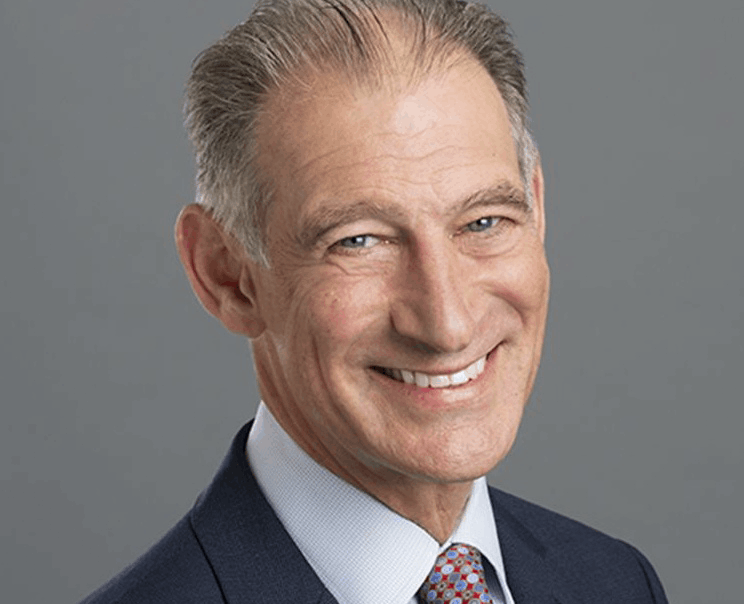
Michael Herz (and co-authors)
Disclosure of Agency Legal Materials
"Agency legal material is of paramount importance to the public. From the standpoint of good government principles, as attested by numerous past ACUS recommendations, agencies have an affirmative duty to disclose their legal materials. Congress now should step in to make those good-government principles ones that are both legally binding on agencies and practically meaningful."
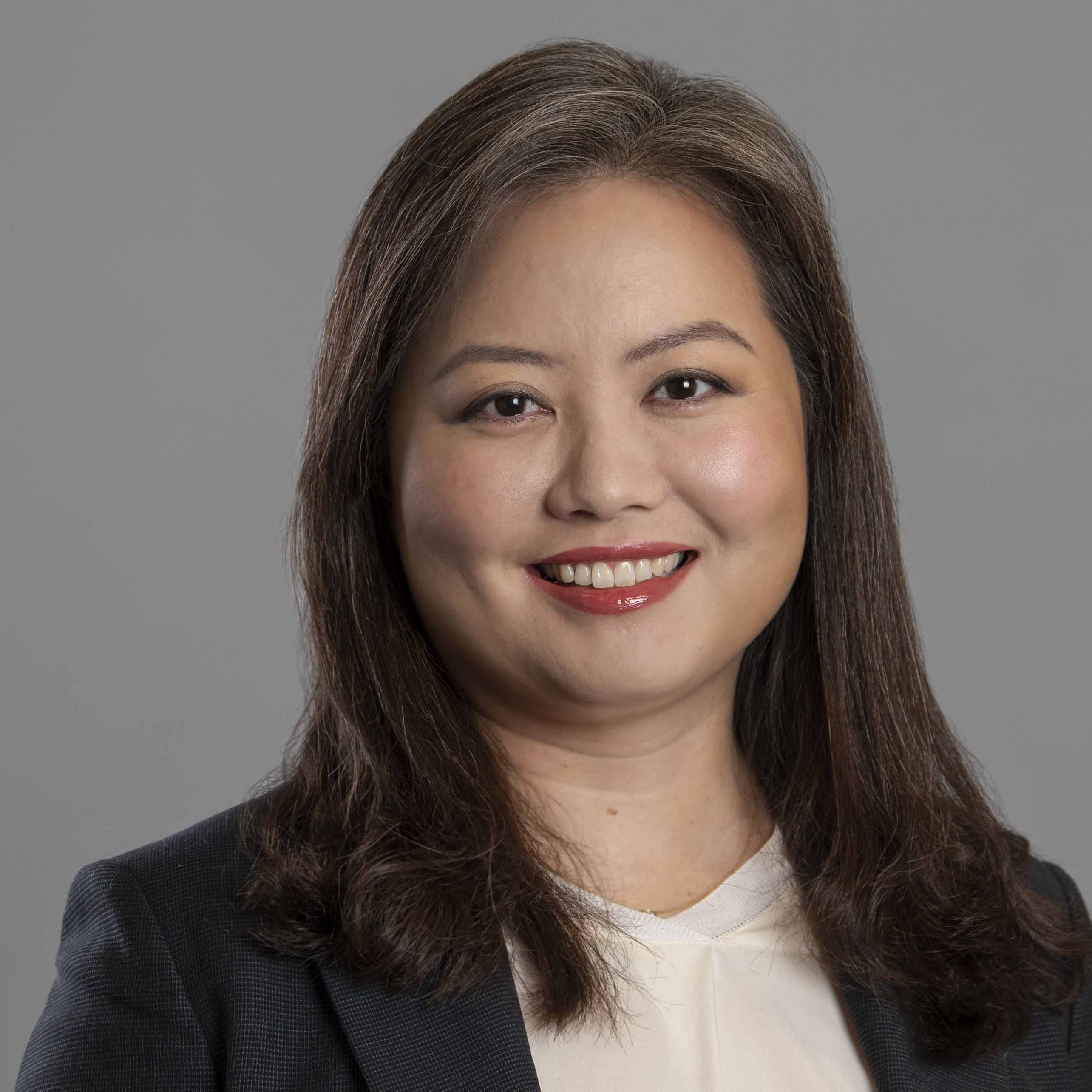
Young Ran (Christine) Kim
Taxing the Metaverse
"The buzz surrounding the Metaverse has been growing steadily for the past couple of years, but the tax implications of this novel ecosystem remain fuzzy to most tax scholars. Such uncertainty is concerning, given the potential and momentum of this emerging technology. Although the Metaverse evolved from online video games focused only on user consumption, it now allows users to produce income and accumulate wealth entirely within the Metaverse. Current law seems to defer taxation of such until a realization or cash-out event. This paper challenges this approach."
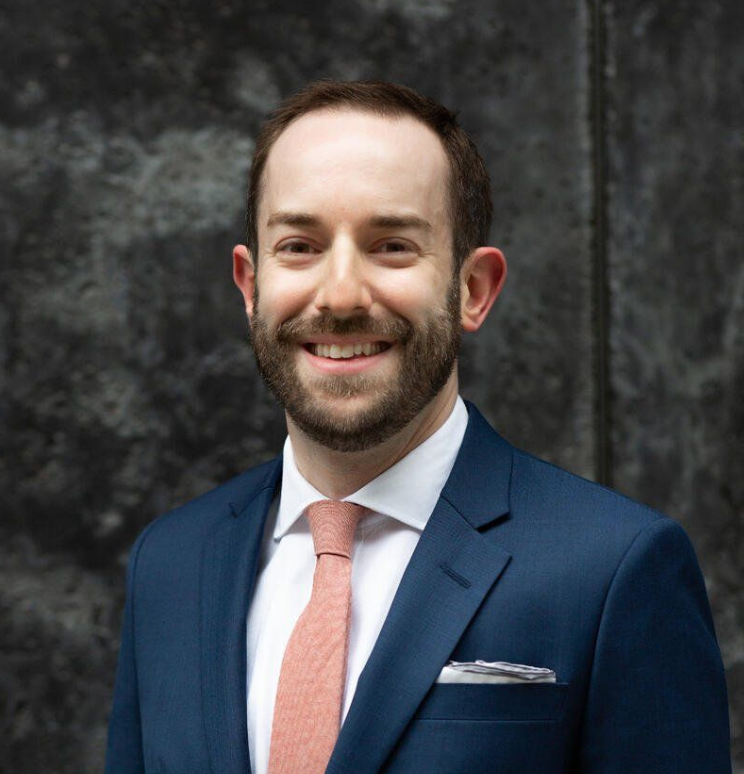
Jacob Noti-Victor (with Xiyin Tang)
Antitrust Regulation of Copyright Markets
"Consent decrees are, after all, settlements that both the government and the party accused of violating an antitrust law must agree to. They are arrived at after both parties have viewed the available evidence and made a determination that governance by decree—one that may be sunset, of course, but perhaps not for many decades—is preferable to other possible outcomes (a blocked merger, divestiture, asset sales).358 They often do not generate headlines; they work behind the scenes. Some may even say our proposal is to make copyright and antitrust “boring” again.359 The chicken breast on the menu is seldom the star. But at the very least, it deserves a place amongst the panoply of options."
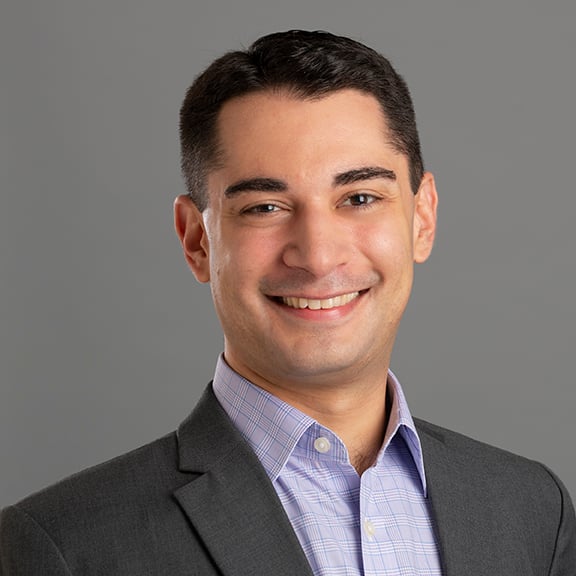
Michael Pollack
Sidewalk Government
"Sidewalks are critical public resources. Unique among public spaces, sidewalks are home to an incredibly wide array of users and uses, all of which contact and conflict with one another in numerous ways. Sometimes these encounters enhance the users’ experiences and produce happy collaborations; often, they detract from those experiences and risk producing a chaos that degrades the space for everyone. Management and coordination are sorely needed."

Michel Rosenfeld
A Pluralist Theory of Constitutional Justice: Assessing Liberal Democracy in Times of Rising Populism and Illiberalism
University Professor of Law and Comparative Democracy Michel Rosenfeld examines liberal constitutions under attack around the world in his latest work, which was published by Oxford University Press in 2022.
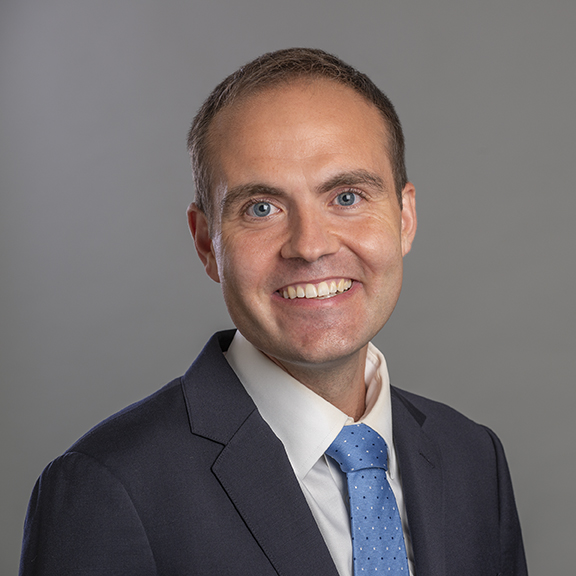
Matthew Wansley
Regulating Automated Driving
"NHTSA should use its investigative powers to monitor new technology as it comes to market. If a new automation system has a positive net impact on safety, NHTSA should let the experiment continue. If it creates unreasonable risks, NHTSA should tell the developer to go back to the lab and design safer software. Developers should learn that the easiest way to avoid regulation is to prioritize safety in development. In that way, NHTSA can finally realize its mission to channel the creative energies and vast technology of the automobile industry into a vigorous and competitive effort to improve the safety of vehicles."
Recent Scholarship from Matthew Wansley:
Risk-Seeking Governance (with Brian Broughman), Vanderbilt Law Review
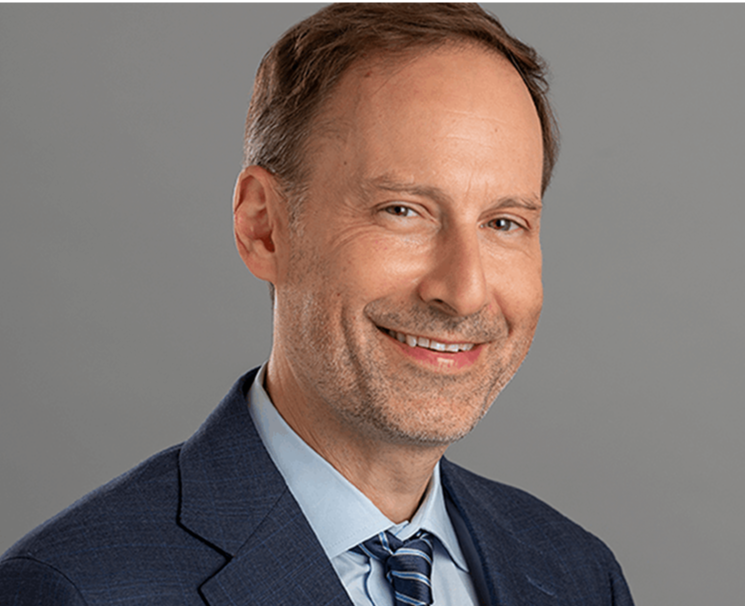
Samuel Weinstein (with Chris Buccafusco)
Antisocial Innovation
"Innovation is a form of civic religion in the United States. Popular and political culture alike treat innovation as an unalloyed good. And the law is deeply committed to fostering innovation, spending billions of dollars a year to make sure society has enough of it. But this sunny vision of innovation as purely beneficial is mistaken. Some innovations, like the polio and Covid-19 vaccines, are unquestionably good for society. But many innovations are, on balance, neutral, and many more are simply bad for society (e.g., cigarette additives, worker surveillance, firearm bump stocks). This Article argues that a fuller conception of innovation’s costs and benefits counsels a radical reorientation of innovation law and policy."

